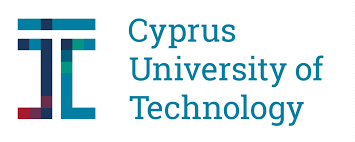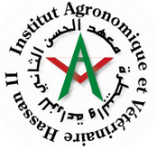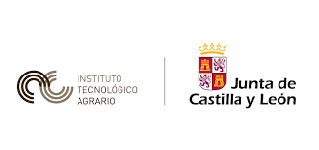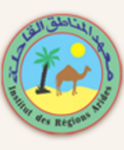ABOUT US




Agro-pastoral systems play a crucial role in the Mediterranean, contributing to ecosystem health, food security, and rural livelihoods. The PAS-AGRO-PAS project investigates ten agro-pastoral systems across the region, encompassing diverse environmental, economic, and institutional contexts. Its primary goal is to enhance the productivity, resilience, and sustainability of these systems through a multidisciplinary, systemic approach spanning farm-level practices to global-scale policies. The project focuses on three key domains: agro-ecosystems, socio-economics, and information systems. Agro-ecosystem interventions aim to optimize plant and livestock management, improve soil fertility, maintain biodiversity, and adapt to climate variability. Strategies include grazing adjustments, intercropping, using resilient crop varieties, and integrating forage legumes. Socio-economic initiatives emphasize value addition to agro-pastoral products through quality assurance, certification, and innovative marketing, supporting economic benefits, employment, and social equity, including empowering women and youth. Incorporating traditional ecological knowledge with Agriculture 4.0 technologies, the project develops user-friendly web applications, decision-support tools, and training materials to enhance resource management. Participatory research engages agro-pastoralists in testing and implementing tailored solutions, ensuring relevance and practicality. The PAS-AGRO-PAS consortium leverages expertise in animal production, nutrition, agronomy, environmental impact, and rural economics. It builds on insights from prior projects like ADAPT-HERD, SMARTER, and ARTISANEFOOD to enhance productivity, reduce ecological footprints, and promote high-quality, regional foods. By fostering collaboration among researchers, agro-pastoralists, policymakers, and local communities, PAS-AGRO-PAS aims to create a sustainable future for Mediterranean agro-pastoralism while addressing global challenges such as climate change, biodiversity loss, and food insecurity.








.jpg)





